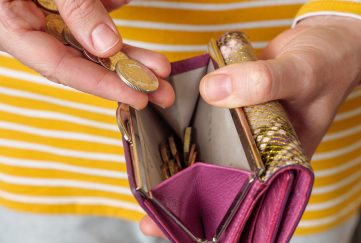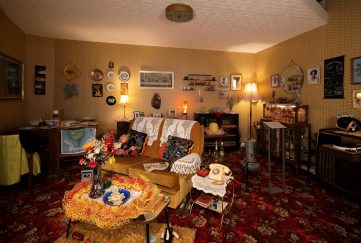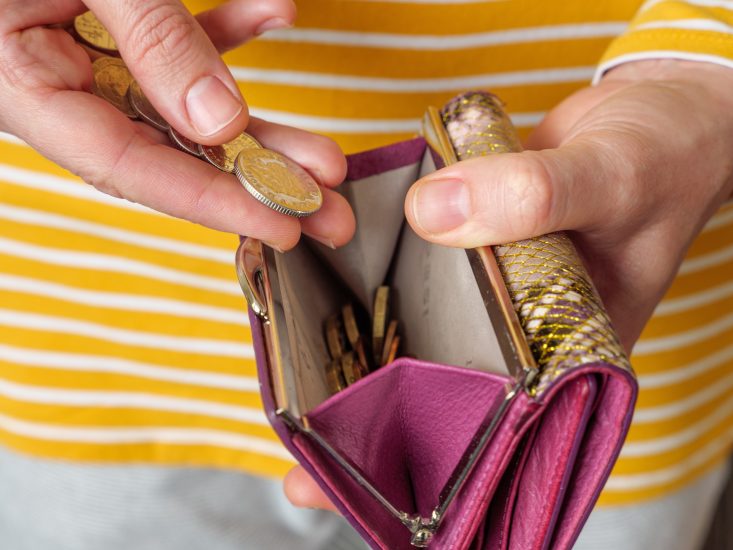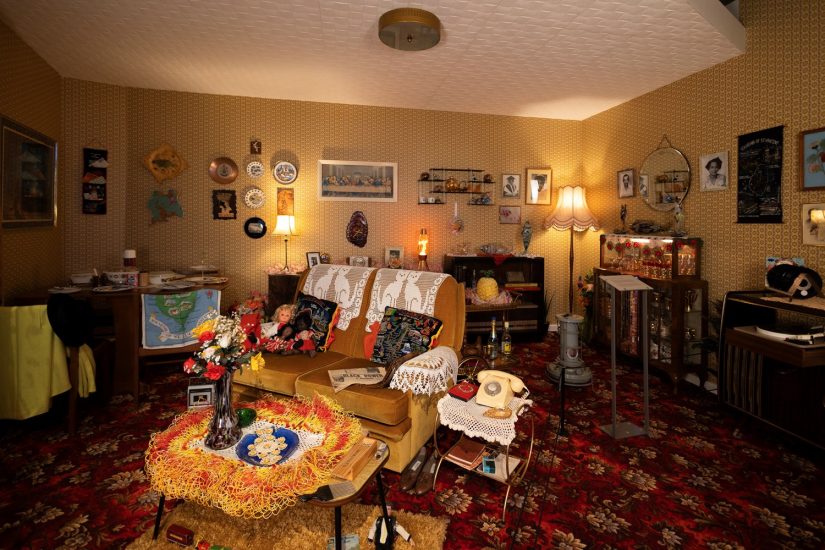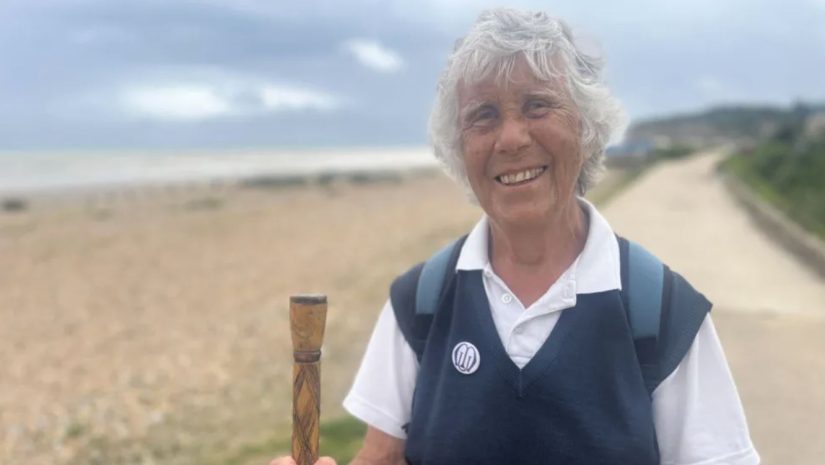Today Is International Lottery Day

Today is International Lottery Day, when the whole world gets together to celebrate . . . still not having won the lottery!
A few of us at the “Friend” decided to start a wee lottery syndicate a few months back, but it’s all been on hold since we had to leave the office.
It’s probably just as well. We were spending way more on tickets than we were recouping in winnings!
But the UK’s National Lottery isn’t just about individuals winning money. The competition also supports a whole range of charitable causes, as Douglas MacPherson found out for us in 2019, when he wrote the below piece.
It was 25 years ago that Noel Edmonds hosted the first National Lottery draw on live television.
Since then, it hasn’t only been lucky prizewinners who have scooped a jackpot. More than £40 billion has been given to good causes by Britain’s biggest weekly game.
State-run lotteries have always been about raising money.
The real winners, though, have been the good causes
Britain’s first lottery was launched 450 years ago in 1569 by Elizabeth I, with the aim of improving the country’s coastal defences.
Despite a jackpot of £5,000, the high cost of tickets, priced at 10 shillings each, meant that only 40,000 tickets were sold. The lottery was quickly discontinued.
When the current game was launched in 1994, by contrast it was an immediate success. Seven million tickets were sold within the first 12 hours.
Even the Queen is said to have played – and won £10 in the first draw!
Since then, Lotto has created 5,000 millionaires and around half the population still responds to the slogan, “It could be you!” by buying a ticket at least once a month.
The real winners, though, have been the good causes that receive around £30 million every week.
About 53% of ticket revenue is distributed by the National Lottery Distribution Fund which splits the money between health, education, environment and charities (40%) and sport, arts and heritage projects (20% each).
Beneficiaries range from high-profile projects such as the refurbishment of Wembley Stadium and establishing the National Cycle Network to helping set up more than 12,000 after-school clubs.
The Lottery has helped ordinary people
With most grants being under £10,000, more than 565,000 projects have been funded in all.
That’s the equivalent of 200 in every postcode.
Among those who have benefited are Britain’s athletes.
Gymnast Amy Tinkler won a bronze medal in the 2016 Olympics.
“Lottery funding has had a great impact not just on me but the whole of the GB team,” she says.
“Most of our gym clubs are Lottery funded, so if it wasn’t for them we wouldn’t have the facilities to train in.”
Away from the spotlight, the Lottery has helped ordinary people by funding projects such as Men’s Sheds, which provide a place for the isolated to work with their hands.
“Men’s Sheds was set up for people who are suffering problems with bereavement, depression and ill health,” Gerwyn Davies, who attends a shed in the Rhonda, says.
“The Lottery has helped by enabling us to get tools that we can really do things with.
“It gives me a purpose to get up in the morning.”
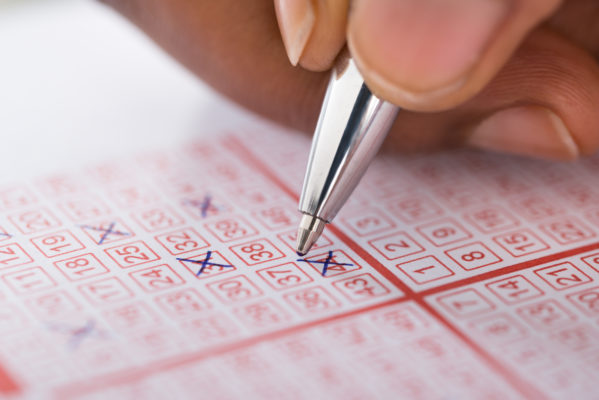
Shutterstock.
Never has the price of a single ticket gone further
Elsewhere, Lottery money has saved lives by supporting volunteer emergency services such as Bray Cardiac First Responders.
“The National Lottery funding was vital to us,” Group Co-ordinator Marc Windsor says.
“It enabled us to provide another four public-access defibrillators around the town and purchase more training equipment.”
Never has the price of a single ticket gone further, or done more good.
If you’d like to know more, visit: www.lotterygoodcauses.org.uk
For more fantastic features from the pages of the “Friend”, click here.


